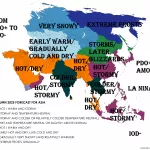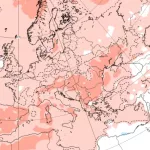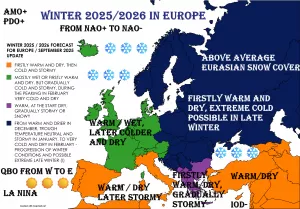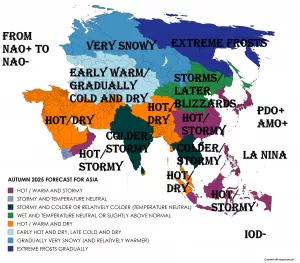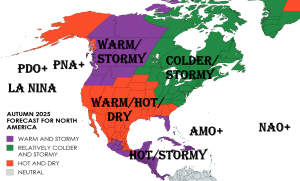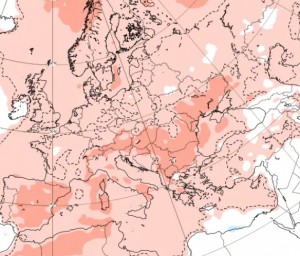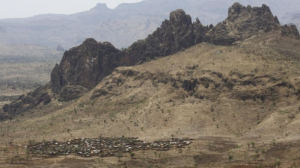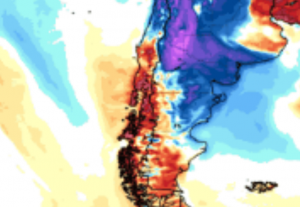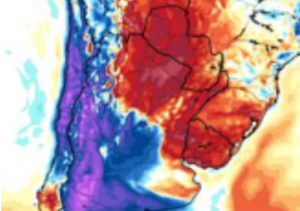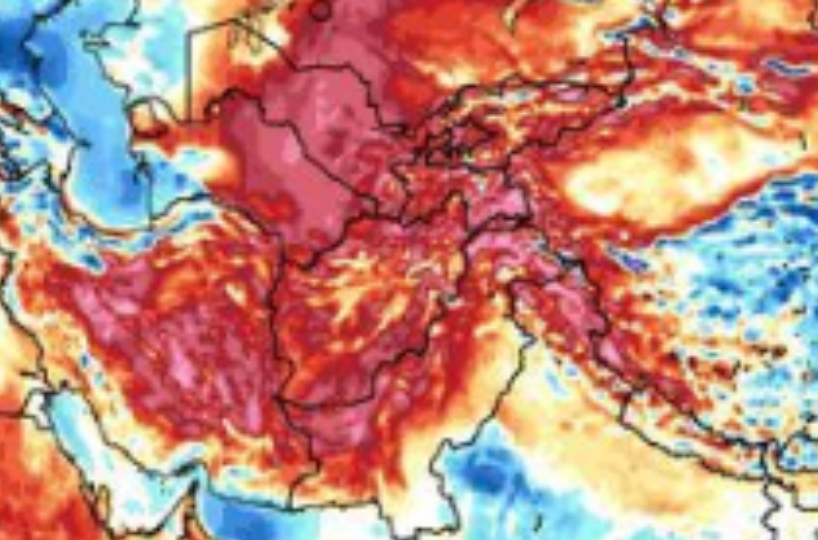
In a stunning display of extreme heat, recent temperature readings have shattered expectations for mountain and high-altitude regions. On July 5, 2025, the town of Chillas, Pakistan, situated at an altitude of 1250 meters above sea level (MASL), recorded a scorching 48.5°C — setting a new world record for the highest temperature ever recorded above 1000 MASL. This exceptional heat at such elevation is unprecedented and highlights the severity of current heatwaves affecting the region.
Just a day earlier, the city of Bafq, Iran, at 999 meters MASL, recorded an even higher temperature of 49.3°C. Although slightly below the 1000-meter mark, this reading is also extraordinary for such an altitude and almost rivaled the record at Chillas. It’s speculated that the weather station location in Bafq might be just below the 1000-meter threshold, which would have officially disqualified it from breaking the high-altitude heat record.
Pakistan also witnessed extreme heat at other high-altitude locations. For example, Bunji, Pakistan, at 1469 meters MASL, experienced an intense 46.1°C temperature—remarkable for a site nearly 1.5 kilometers above sea level.
Why These Records Matter
Typically, temperature decreases with altitude, following the environmental lapse rate, where the air cools roughly 6.5°C per 1000 meters ascent. Such extreme heat readings at altitudes above 1000 meters defy these norms and signal unusual and dangerous atmospheric conditions—often related to prolonged heatwaves, droughts, and climate change effects.
Context and Impacts
- Chillas (1250 m, 48.5°C): Setting the official world record for the hottest temperature above 1000 meters altitude. This is a dramatic anomaly and may stress local communities and ecosystems adapted to cooler mountain climates.
- Bafq (999 m, 49.3°C): Nearly breaking the record but slightly below the altitude limit. The intense heat here still points to extreme warming trends in Iran’s interior deserts and plateau regions.
- Bunji (1469 m, 46.1°C): Another remarkable example of excessive heat at altitude in Pakistan, showing the broad regional extent of this extreme heat event.
Broader Significance
These readings reflect the increasing frequency and intensity of heatwaves worldwide, driven by global warming. High-altitude heat extremes can impact mountain ecosystems, water supplies, and human health in vulnerable communities. This trend serves as a stark reminder that no place is immune from the climate crisis—even high mountain areas.

Detail / tropicaltidbits.com


